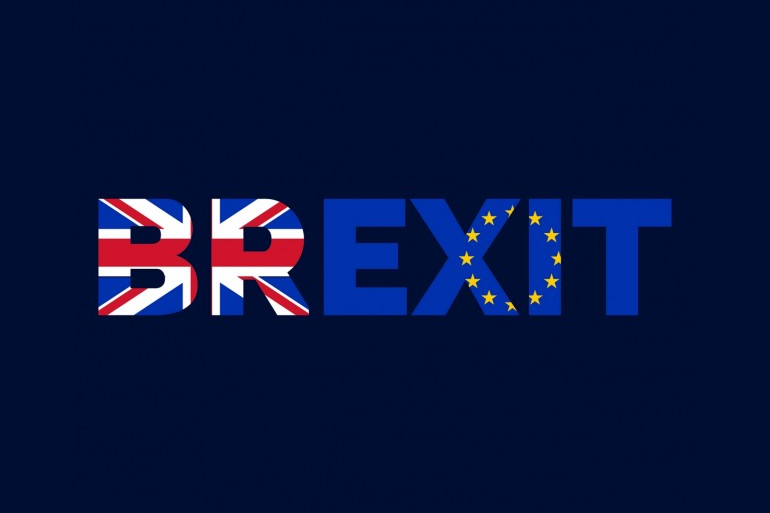For the last few years, the word “Brexit” and the chatter around it has either set markets on fire or sent them reeling depending on how investors reacted to the news. But, what are the potential real-world impacts of Brexit, particularly on emerging markets?
Real World Impact
Whether it turns out to be a deal or no-deal Brexit, the EU will have to deal with a considerable amount of turmoil and adjustment, particularly in terms of trade. However, the same may not be true for emerging markets and perhaps even Britain’s other non-EU trade partners.
For decades now, trade with Britain has been ubiquitous with trade with the EU because of the single European Market. But this will all change with Brexit and depending on what the British Government’s stance on trade is, it could potentially be a windfall for emerging markets.
The EU Being a highly lucrative and well established market means that EU trade partners are often required to meet some very high standards, which some may even argue are too restrictive. However, once the UK leaves the EU, it has no need to continue to uphold the restrictions that the European Market places on some or all trade partners.
Post Brexit, if the British Government is one open to trade and commerce, we could see the UK becoming a far more accessible market for emerging market countries. In fact, in the immediate aftermath of Brexit, it is plausible to expect that the UK may even go out if its way to provide favourable conditions to emerging markets to incentivize trade. Let’s also not forget that most emerging market economies share historic ties with the UK through the Commonwealth of Nations and a shared history. In the most positive circumstances, Brexit could make the UK one of the most attractive and accessible developed markets for emerging market countries.

The Other Possiblity
While Brexit could be great for emerging market countries under the right conditions, things could easily go the other way too, particularly if Britain becomes more protectionist; following in the footsteps of the USA under Trump. With Boris Johnson at the helm, such a scenario is certainly a possibility. In such an event, countries like China, Japan and the USA will have an advantage since they already face high tariffs when accessing the European Market. Products from these countries will immediately be more competitive without the high tariffs imposed by the EU.
Some emerging markets that rely heavily on EU trade incentives and treaties such as GSP+ may also be adversely affected by Brexit regardless, unless the UK is willing to continue to provide such concessions or to adopt a near totally “free trade” stance.
Therefore, under these circumstances it’s difficult to be entirely certain of the impact of Brexit on emerging market countries’ trade with Britain. However, it is safe to say that, even if the UK was to adopt a middle-ground stance with regard to international trade, there would still be advantages to emerging market trade partners or, at the very least, no significant long-term impact to trade relationships with the UK.

